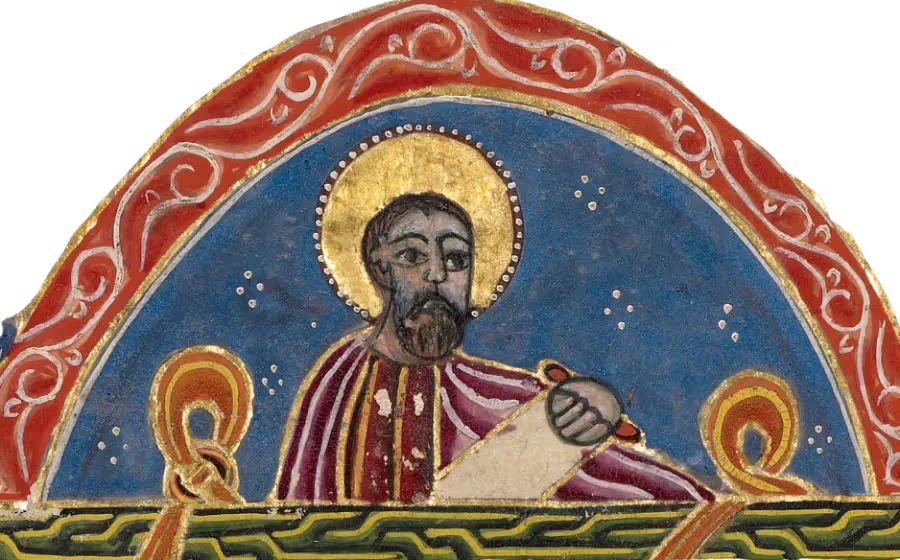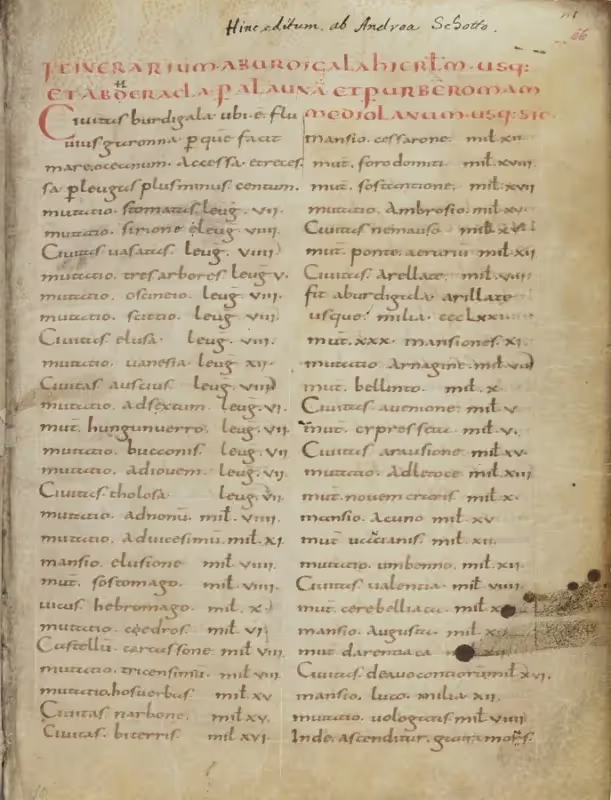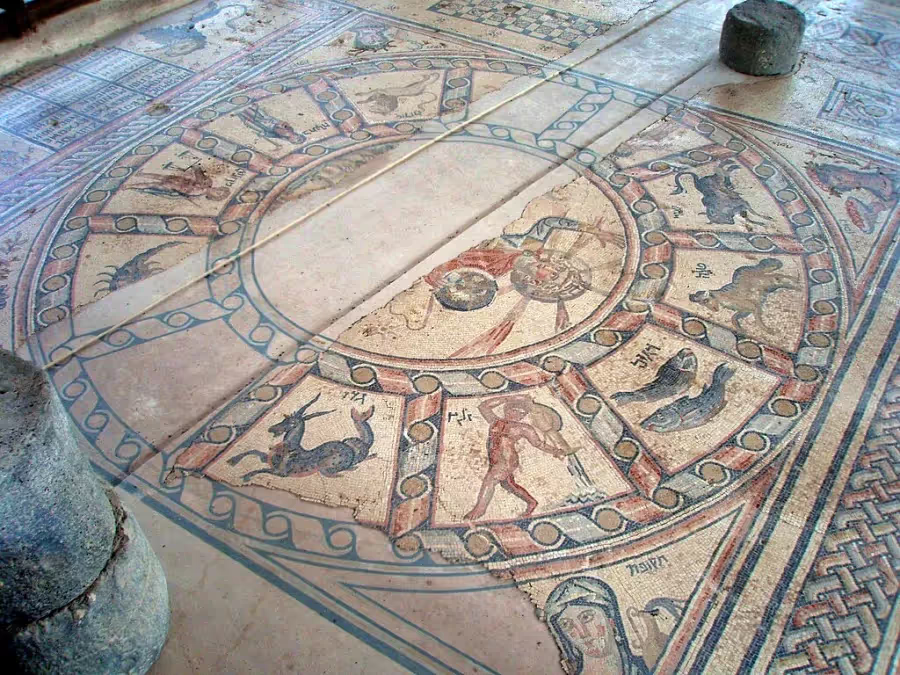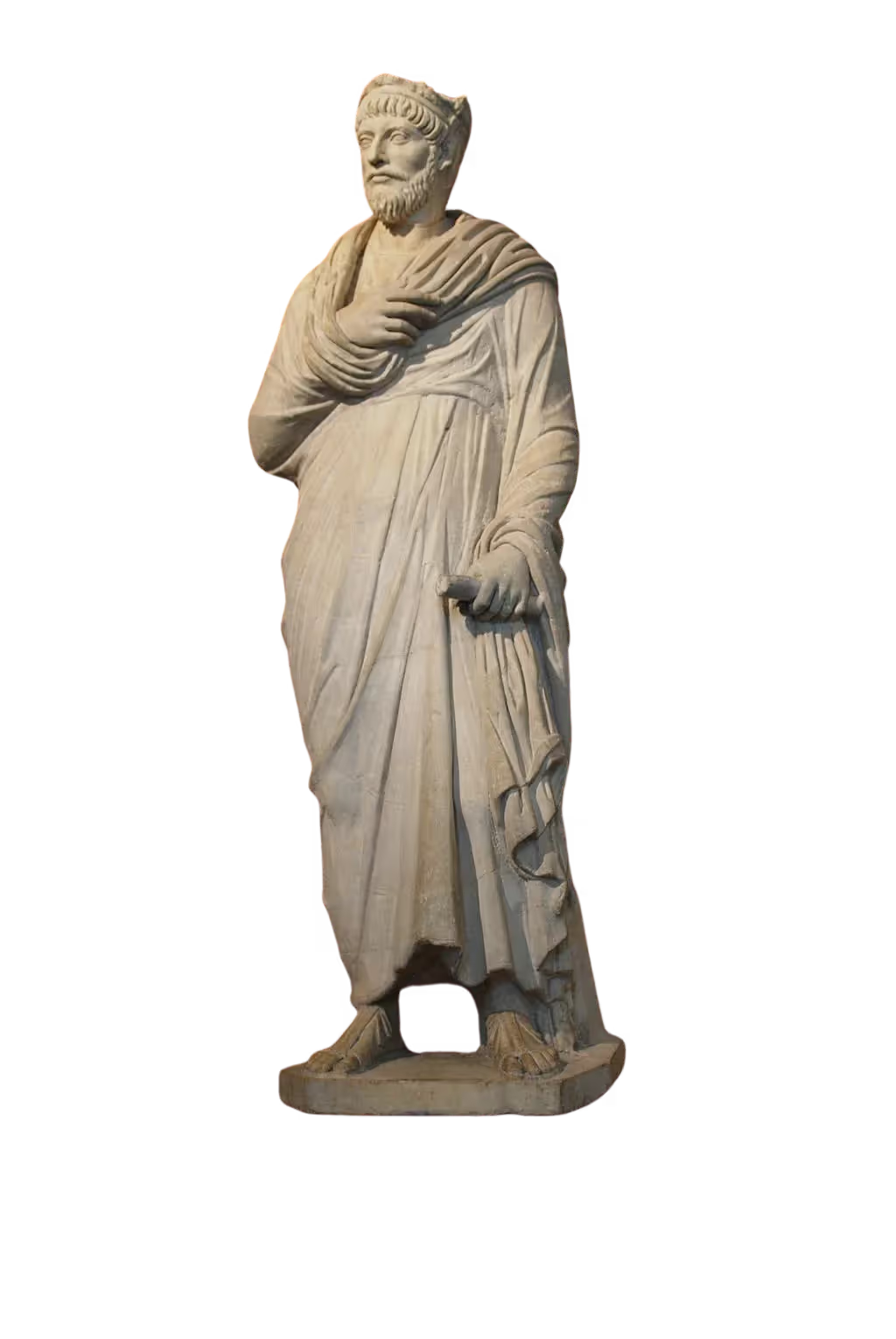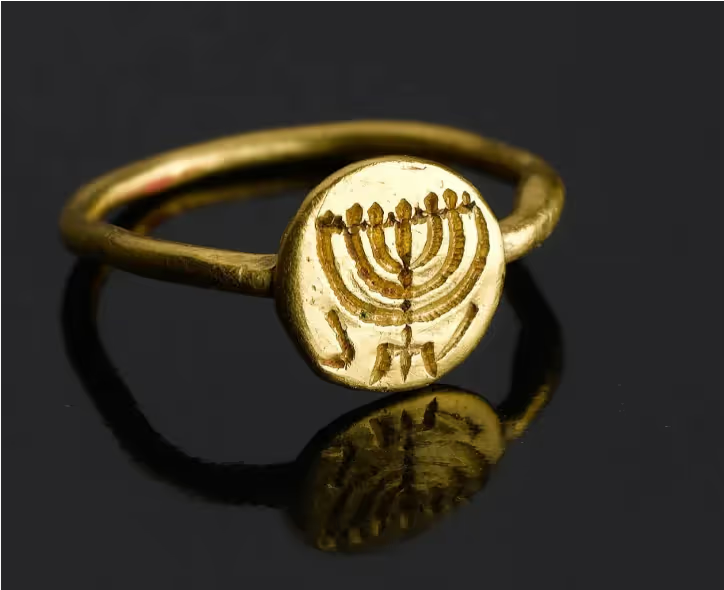Constantine the Great Allows the Jews to Visit the Temple Mount Once A Year on Tisha B’Av (The 9th of Av)
Constantine recognized Christianity as a religion during the Council of Nicaea in 325 CE, marking a turning point in the Christianisation of the Roman Empire. In Judea, though the land of Jesus’ birth, Christianity primarily took root and gained momentum in the Gentile areas among foreign residents.
Jews again were refused entry to Jerusalem but were allowed to visit the Temple Mount once a year on the 9th of Av or Tisha B’Av, a day of mourning commemorating the First and Second Temple destructions.
Jerome, a Latin priest and historian, circa 342-420 CE, recorded in his commentary on the Book of Zephaniah, that the 9th of Av was the only day on which Jews were permitted to enter Jerusalem:
“To this day, it is forbidden to the unbelievers (the Jews) to come to Jerusalem. Only for the purpose of mourning are they allowed to come and then must purchase a permit to weep for the destruction of their Kingdom…Even their tears must be bought. On the anniversary of the destruction, the unhappy people gather together, old men and old women, the infirm and the weak, all dressed in rags…”
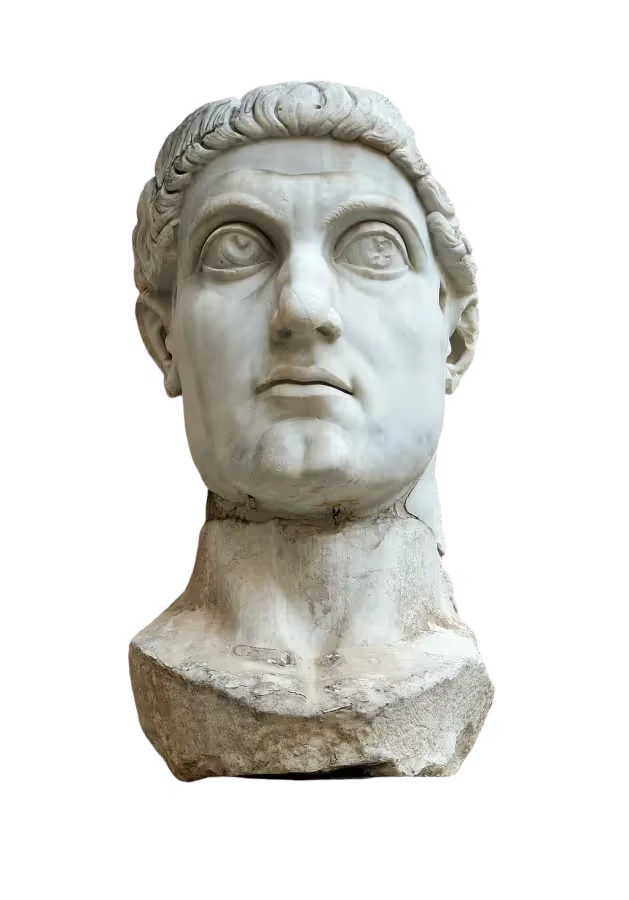
Merulana, CC BY-SA 4.0 <https://creativecommons.org/licenses/by-sa/4.0>, via Wikimedia Commons
Overview
Constantine (r. 306-337 CE) again refuse entry to Jerusalem but allowed the Jews to visit the Temple Mount once a year on the 9th of Av, a day of mourning which commemorates the destruction of the First and Second Temple of the Jews.
Jerome (342-420 CE), Latin priest and historian, recorded in his commentary on the Book of Zephaniah, that the 9th of Av was the only day on which Jews were permitted to enter Jerusalem:
“To this day it is forbidden to the unbelievers (i.e. the Jews) to come to Jerusalem. Only for the purpose of mourning are they allowed to come and then must purchase a permit to weep for the destruction of their Kingdom…Even their tears must be bought. On the anniversary of the destruction of the unhappy people gather together, old men and old women, the infirm and the weak, all dressed in rags…”



